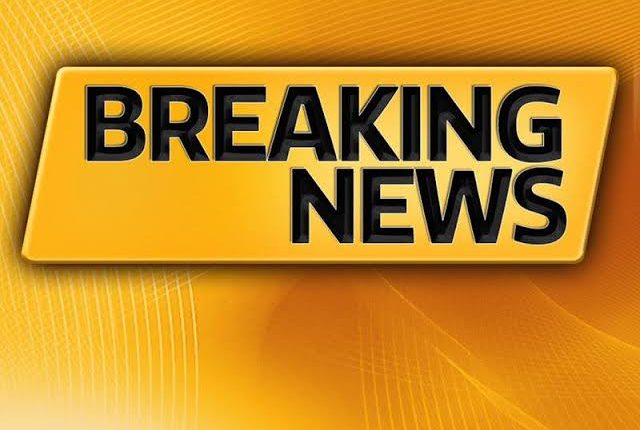After the highly controversial clash between Chelsea and Manchester United, shocking reports are spreading that UEFA is set to launch an investigation into the refereeing decisions — particularly the direct red card shown to goalkeeper Robert Sánchez early in the first half.
After the highly controversial clash between Chelsea and Manchester United, shocking reports are spreading that UEFA is set to launch an investigation into the refereeing decisions — particularly the direct red card shown to goalkeeper Robert Sánchez early in the first half
After the highly controversial clash between Chelsea and Manchester United, shocking reports are spreading that UEFA is set to launch an investigation into the refereeing decisions — particularly the direct red card shown to goalkeeper Robert Sánchez early in the first half
The football world is still buzzing after what many fans are calling one of the most controversial Premier League matches of the season. Chelsea’s heated clash with Manchester United on Saturday evening was already billed as a high-stakes battle, but events on the pitch have now taken an unexpected twist that could ripple far beyond domestic football. Reports emerging late last night suggest that UEFA is preparing to open a formal investigation into the refereeing performance, with particular focus on the decision to issue Chelsea goalkeeper Robert Sánchez a straight red card in the first half.
The incident occurred in the 23rd minute when Sánchez rushed off his line to challenge United striker Rasmus Højlund, who was breaking through on goal after a long ball over the top. Referee Anthony Taylor immediately brandished the red card, citing “serious foul play” and denying a clear goal-scoring opportunity. However, slow-motion replays showed that Sánchez appeared to make contact with the ball before colliding with the United forward. This sparked furious protests from Chelsea players and their manager Enzo Maresca, who argued that a yellow card at most would have been the appropriate punishment.
The decision drastically altered the balance of the match. With Chelsea reduced to 10 men so early, United dominated possession and eventually secured a narrow victory. Yet, the post-match debate has been less about the goals and more about the officiating. Pundits on Sky Sports and BT Sport questioned why VAR did not overturn the red card, given the apparent evidence that Sánchez’s challenge was not as reckless as initially perceived.
UEFA’s reported involvement has taken many by surprise, since refereeing controversies in domestic leagues are typically handled by the FA and the PGMOL (Professional Game Match Officials Limited). But according to insiders, UEFA is concerned about the broader implications of such high-profile decisions on the integrity of officiating across European football. With English clubs representing the Premier League in UEFA competitions, consistency in refereeing standards has become a matter of continental importance.
Chelsea, for their part, are said to be preparing an official appeal against Sánchez’s suspension, which currently rules him out of their next three domestic fixtures. Sources close to Stamford Bridge suggest that the club will also demand explanations from the PGMOL regarding the lack of intervention from VAR. Meanwhile, Manchester United manager Thomas Tuchel dismissed the controversy in his post-match comments, insisting that “the referee made his decision, and we took advantage. That’s football.”
Fans, however, have been anything but silent. Social media exploded with heated debates immediately after the match. Chelsea supporters accused the officials of “destroying the spectacle” and favoring United, while rival fans countered that Sánchez’s challenge was dangerous and justified a dismissal. The hashtags #SanchezRedCard and #RefJustice trended on X (formerly Twitter) for hours after the final whistle.
If UEFA does confirm an investigation, it would mark a rare intervention into domestic refereeing matters and could set a precedent for similar cases across Europe. Such a move would undoubtedly put further pressure on the PGMOL, which has already faced criticism this season for several high-profile mistakes.
For now, the football community waits anxiously to see whether UEFA’s inquiry will be officially announced and, more importantly, what consequences might follow. Could this lead to stricter oversight of referees, expanded use of VAR protocols, or even disciplinary measures against officials? Whatever the outcome, one thing is certain: the Chelsea–Manchester United clash will not be remembered for its football alone, but for the storm it has unleashed over refereeing standards at the very highest level of the game.
